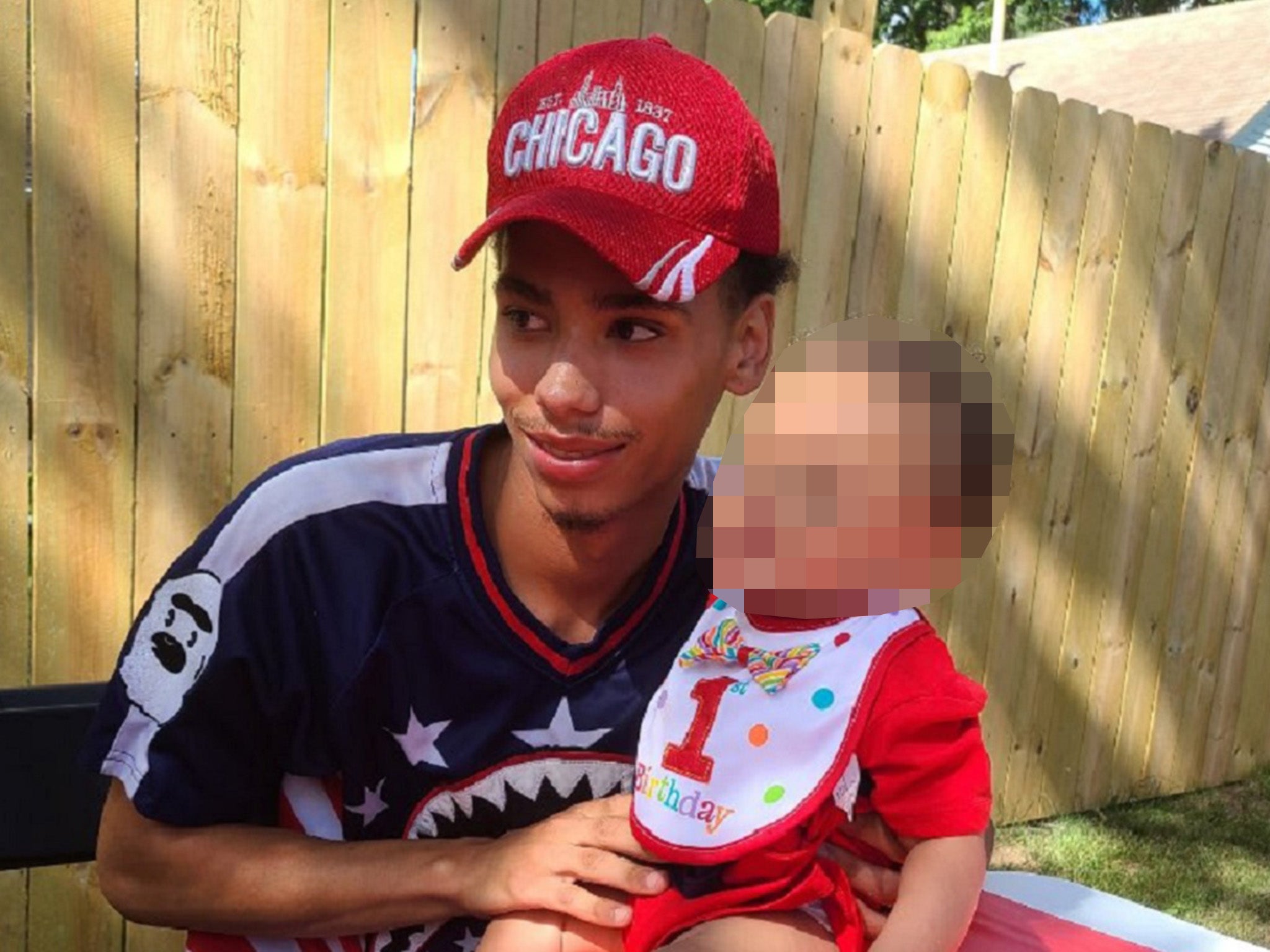The Independent's journalism is supported by our readers. When you purchase through links on our site, we may earn commission.
Abolishing the police might scare you — but what happened to Daunte Wright is scarier
We’ve been asking for reform for a long time now and it hasn’t happened. It’s time to explore the evidence-based alternatives


While Derek Chauvin is being tried for the killing of George Floyd, the Minnesota police have killed yet another black man at a traffic stop. His name was Daunte Wright, he was someone’s father, someone’s son, and he was killed by police at only 20 years old after being pulled over for a traffic violation. The police chief of Brooklyn Center — a city just 10 miles away from Minneapolis, where Chauvin’s trial is ongoing — said today that the officer involved accidentally pulled out and discharged a gun instead of a Taser.
How many Black men have to die before America acknowledges that we have a policing issue? How many times has that question been asked recently? How many law enforcement officers have to be exposed as racists or Capitol rioters before we admit we have put too much power in the hands of those who are instigating harm rather than protecting our people?
Abolishing the police force is the way forward, even if that scares you.
While it seems like a radical idea, we need to understand that police don’t exist to protect everyone: they exist to protect the state. And they are far from immune from using their position of power to commit crimes themselves, like sexual assault or rape while on the job, all the while knowing that they can get away scot-free. Too often, women — often sex workers and Black mothers — are forced to live with the trauma of being harmed by those who we were told would protect us. Many people of color, myself included, don’t feel comfortable calling the police anyway — so what, exactly, is the point of keeping them there?
We need to acknowledge that America has a criminal justice system that refuses to provide justice for everyone. There’s no way to sugarcoat it or make it more palatable.
Police kill Black individuals without supervision or consequence time and time again, drawing guns the second an individual is deemed a “threat” to police. That perceived threat to police seems to continually correspond with existing while Black: sleeping, playing, walking, or, like Wright, driving down the street. The fact that individuals who call themselves pro-life attempt to bring up a record of George Floyd’s past crimes or reports that he attempted to pay for groceries with a counterfeit $20 bill to rationalize his death just shows us how devalued Black lives are in the country. No one, ever, deserves to die at the hands of the state. Our cops have no place playing God.
From the ground level of policing, where racial biases and unchecked power run rampant, to the court level where justice for victims of police violence is repeatedly denied through “qualified immunity”, we see the system protecting itself and maintaining the “blue wall of silence”. Researchers document that the blue wall of silence is a noted pattern of fraternal protective behavior that encourages the defense of police peers and their appearance as a department through deception and withholding truth rather than enforcing accountability. Protecting policing as a concept matters more to police and their unions than protecting the people they’re meant to. Sometimes, officers even change police reports to protect their co-workers.
Want more proof of the racism pervasive in US police forces? In the New York Police Department, racist “challenge coins” referring to East Flatbush as “Fort Jah” and depicting police hunting a caricature of a Black man were issued. In the Philadelphia Police Department, 72 officers were disciplined over racist and offensive social media posts. Three members of the Aurora Police Department were fired after recreating the scene of Elijah McClain’s death for a photo. It’s important to talk about these incidents all together because the “one bad apple” analogy is often used to rationalize individual harm. It is a disingenuous analogy, and it is plainly wrong. Depressingly, studies show that even when police officers undergo racial sensitivity and mental health training, it doesn’t make a difference in their behavior.
Calls for reforming the police for over a year haven’t changed anything, and we need to realize at a societal level that policing as we know it can’t be reformed. We, as a people, have the ability to dismantle and rebuild institutions in a way that serves us, through both political and social means. We can choose to build community centers, improve healthcare access, provide addiction services and invest in rehabilitation care rather than endlessly pursuing carceral “justice”.
There are plans in place, like the#8toAbolition guidelines, as to how we can achieve this. Abolishing police doesn’t mean we need to take all cops off the streets tomorrow; it means we work through policy change and community labor to create a society that has no need for them.
Are you willing to do the work to build a better, safer future? Because if you are, I ask that you’re open-minded enough to envision that we can do that without a police force in it.
Join our commenting forum
Join thought-provoking conversations, follow other Independent readers and see their replies
Comments
Bookmark popover
Removed from bookmarks